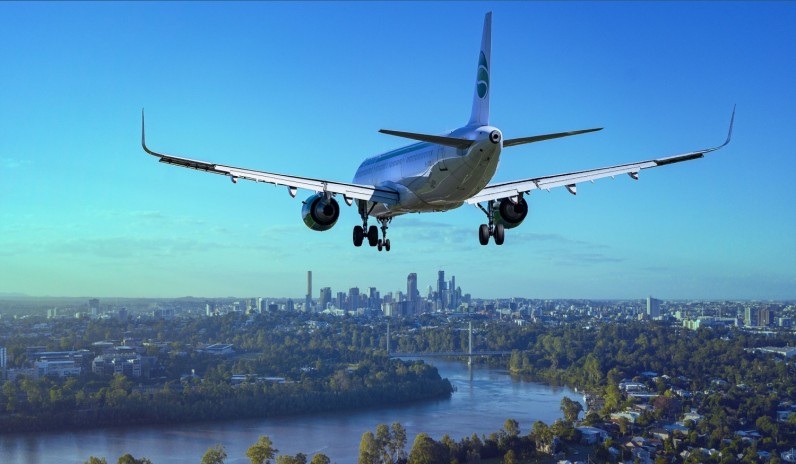Airlines are adopting new strategies to streamline operations and reduce costs in the highly time-sensitive world of air travel.
These initiatives, while seemingly modest in terms of time saved, may hold the potential for substantial benefits for passengers and carriers, according to CNBC.

US Airlines Increasing Turnarounds, Reducing Costs
American Airlines has implemented advanced technology for gate assignment at Dallas/Fort Worth International Airport, optimizing the allocation of flight gates.
This process, a significant departure from a manual and time-consuming method, resulted in a notable reduction in taxi time for planes, saving an average of two minutes per flight and accumulating approximately 11 hours of savings daily.
The technology, known as the Smart Gating program, has also been extended to other major airports such as Charlotte Douglas International Airport, Miami International Airport, Ronald Reagan Washington National Airport, and Chicago's O'Hare International Airport.
On the other hand, United Airlines has introduced a revised boarding procedure for economy class, prioritizing window-seat passengers first, followed by the middle and aisle seats.
This adjustment, expected to save up to two minutes per flight, is part of United Airlines' ongoing efforts to enhance boarding efficiency.
CNBC reported that Southwest Airlines and Delta Air Lines are also exploring various methods to expedite boarding, such as improved signage, music on jet bridges, and digital messages during boarding.
Additionally, Frontier Airlines is implementing strategies to accelerate boarding and deplaning by utilizing pathways outside jet bridges, including using stairs directly onto and off the plane.
Frontier Airlines aims to increase this type of boarding, potentially saving up to 10 minutes in turn time and reducing the time it takes for a plane to park, deplane, reload, and depart.
Economic Implications
These time-saving measures are not only beneficial for minimizing delays and improving passenger experiences but also have economic implications for airlines.
American Airlines, for instance, reported saving 1.4 million gallons of fuel annually, equivalent to about $4 million based on current fuel prices at major US airports.
The focus on efficiency is crucial for airlines to optimize their operations, manage costs, and explore opportunities for increased flight frequency.







Join the Conversation